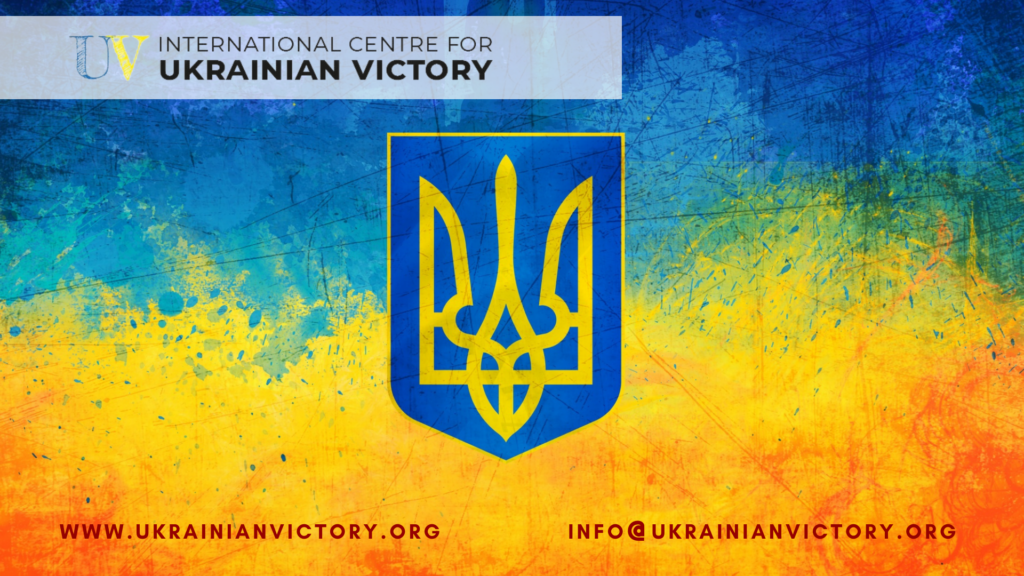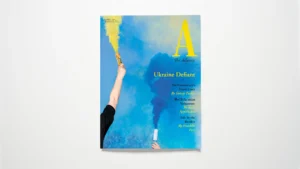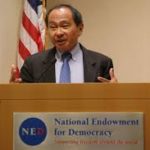 Ukraine‘s resistance reminds us that democracy is about human risk and human principles, and a Ukrainian victory would give democracy a fresh wind, argues Timothy D. Snyder, Richard C. Levin Professor of History and Global Affairs at Yale University and the author of Bloodlands and On Tyranny.
Ukraine‘s resistance reminds us that democracy is about human risk and human principles, and a Ukrainian victory would give democracy a fresh wind, argues Timothy D. Snyder, Richard C. Levin Professor of History and Global Affairs at Yale University and the author of Bloodlands and On Tyranny.
The current Russian regime is one consequence of the mistaken belief that democracy happens naturally and that all opinions are equally valid, he writes for Foreign Affairs. If this were true, then Russia would indeed be a democracy, as Putin claims. The war in Ukraine is a test of whether a tyranny that claims to be a democracy can triumph and thereby spread its logical and ethical vacuum. Those who took democracy for granted were sleepwalking toward tyranny. The Ukrainian resistance is the wake-up call. RTWT
 In the latest issue of The Atlantic, George Packer, Anne Applebaum, and Franklin Foer tell the story of life on the front lines of democracy as Ukrainians (and their neighbors) rally to save their nation and defend democratic values.
In the latest issue of The Atlantic, George Packer, Anne Applebaum, and Franklin Foer tell the story of life on the front lines of democracy as Ukrainians (and their neighbors) rally to save their nation and defend democratic values.
The eminent Harvard University professor of Ukrainian history, Serhii Plokhy, observed that Russia’s occupation of Crimea, Donetsk and Luhansk in 2014 raised fundamental questions about Ukraine’s continuing existence as a unified state, its independence as a nation, and the democratic foundations of its political institutions, notes a new report.
 Ironically, Putin’s war may help turn Ukraine into a less corrupt and more democratic entity than it was before the war, with a much deeper sense of national identity, analyst Paul Dibb writes in The geopolitical implications of Russia’s invasion of Ukraine, a report for The Australian Strategic Policy Institute. He had previously predicted….
Ironically, Putin’s war may help turn Ukraine into a less corrupt and more democratic entity than it was before the war, with a much deeper sense of national identity, analyst Paul Dibb writes in The geopolitical implications of Russia’s invasion of Ukraine, a report for The Australian Strategic Policy Institute. He had previously predicted….
…. that we ran the risk in the second decade of the 21st century of a confrontation between two new power blocks: the authoritarian continental powers of China and Russia and the Western democratic maritime states led by America, …..that the Russian challenge in particular ‘imperils security in Europe’ and that managing the increasing threats Russia poses to international order ‘is now arguably the most serious issue facing the West’ [and] … that Russian ambitions and intentions ‘have been telegraphed for well over a decade’, but the West found it easier at the time to disregard them and indulge in the fantasy that Russia was progressing towards a liberal democratic model with which the West felt comfortable.
There are at least five lessons to be learned from Russia’s military campaign so far, Dibb suggests. Download

Former NED board member Francis Fukuyama
The invasion is part of a deep ideological struggle, says geopolitical analyst Francis Fukuyama.
“Putin is at the centre of a broad coalition of anti-democratic forces. Success will validate the view that democracy is in terminal decline, and that authoritarian government is decisive and effective,” he told Misha Zelinsky. “This narrative needs to be undermined by a successful defence of Ukraine backed by a united group of democracies.”







